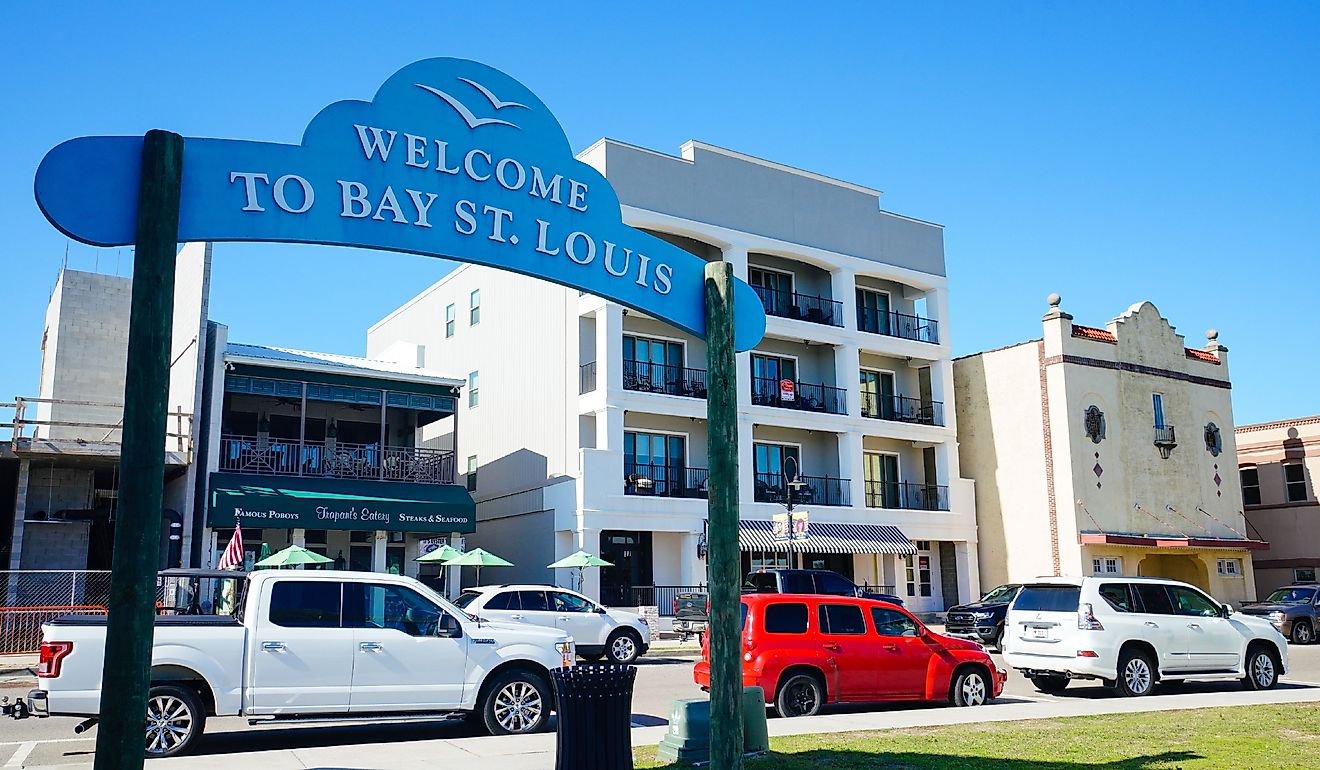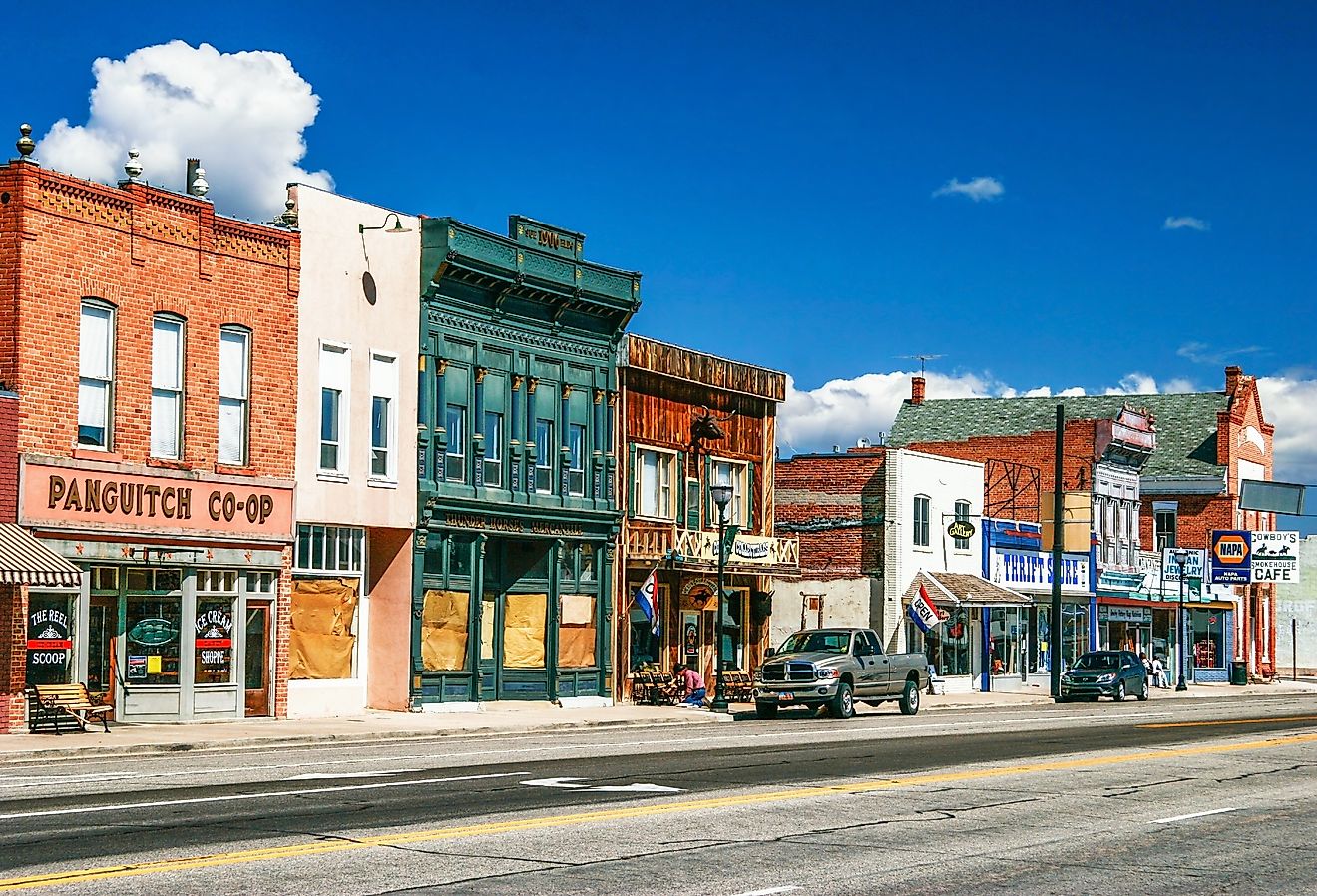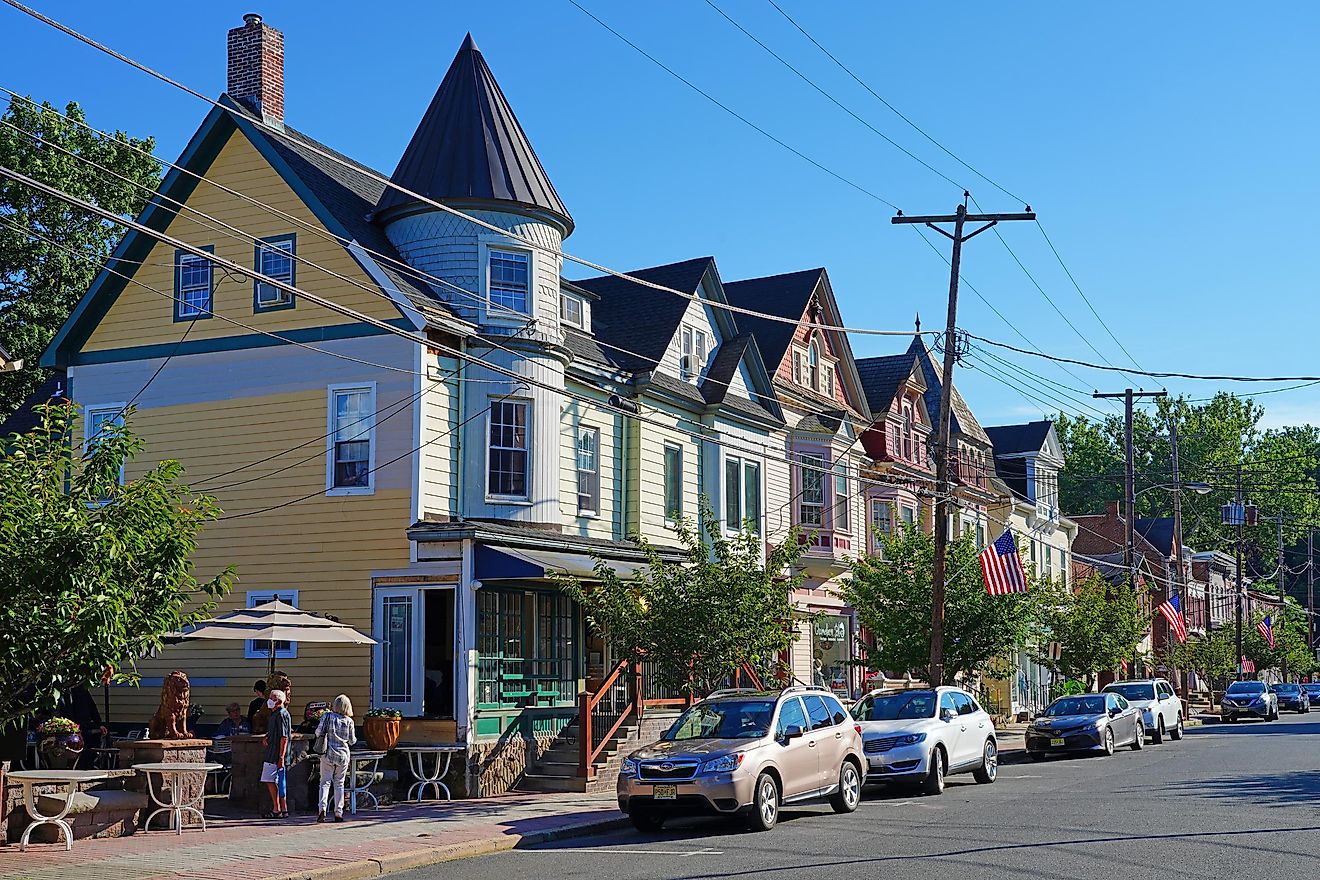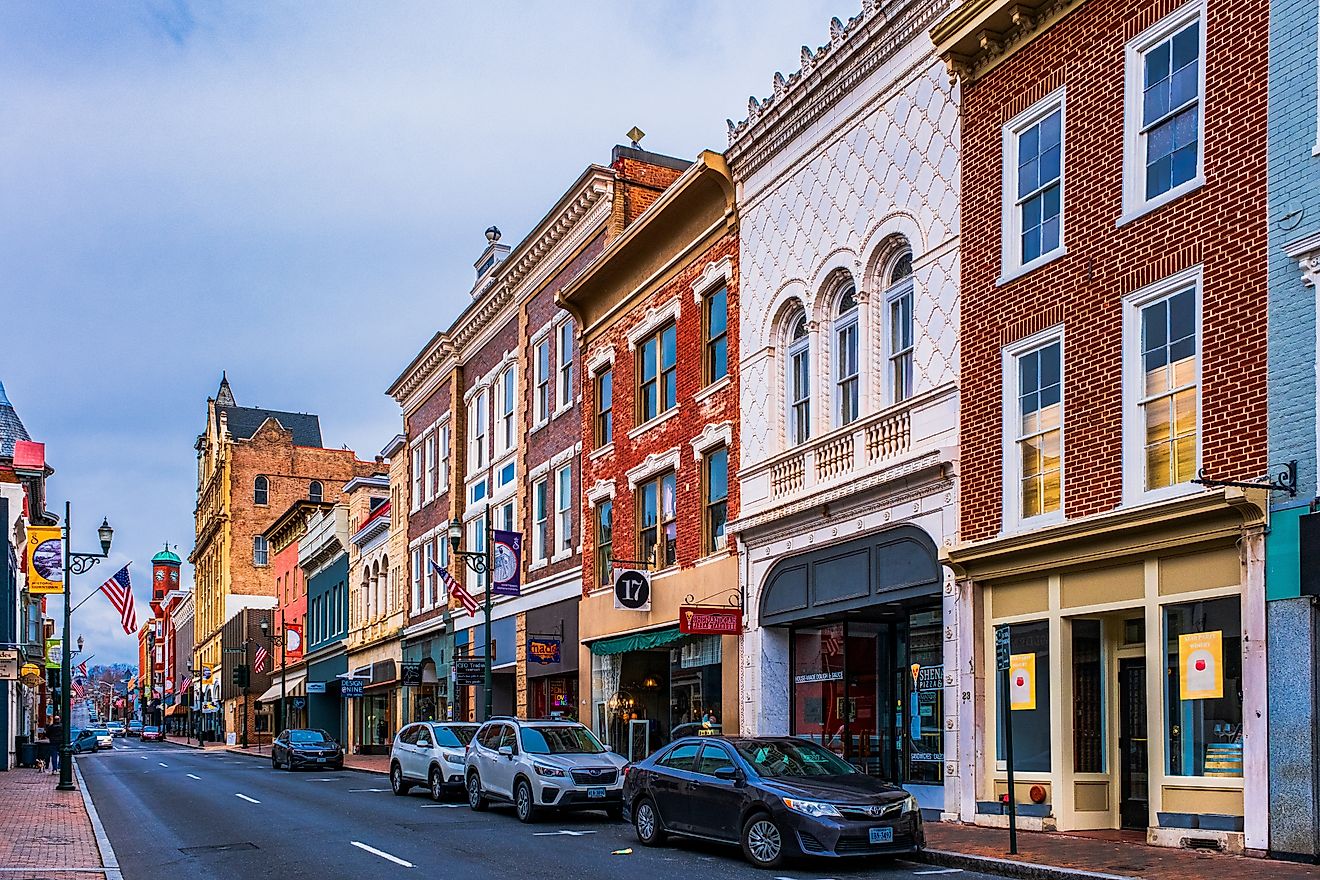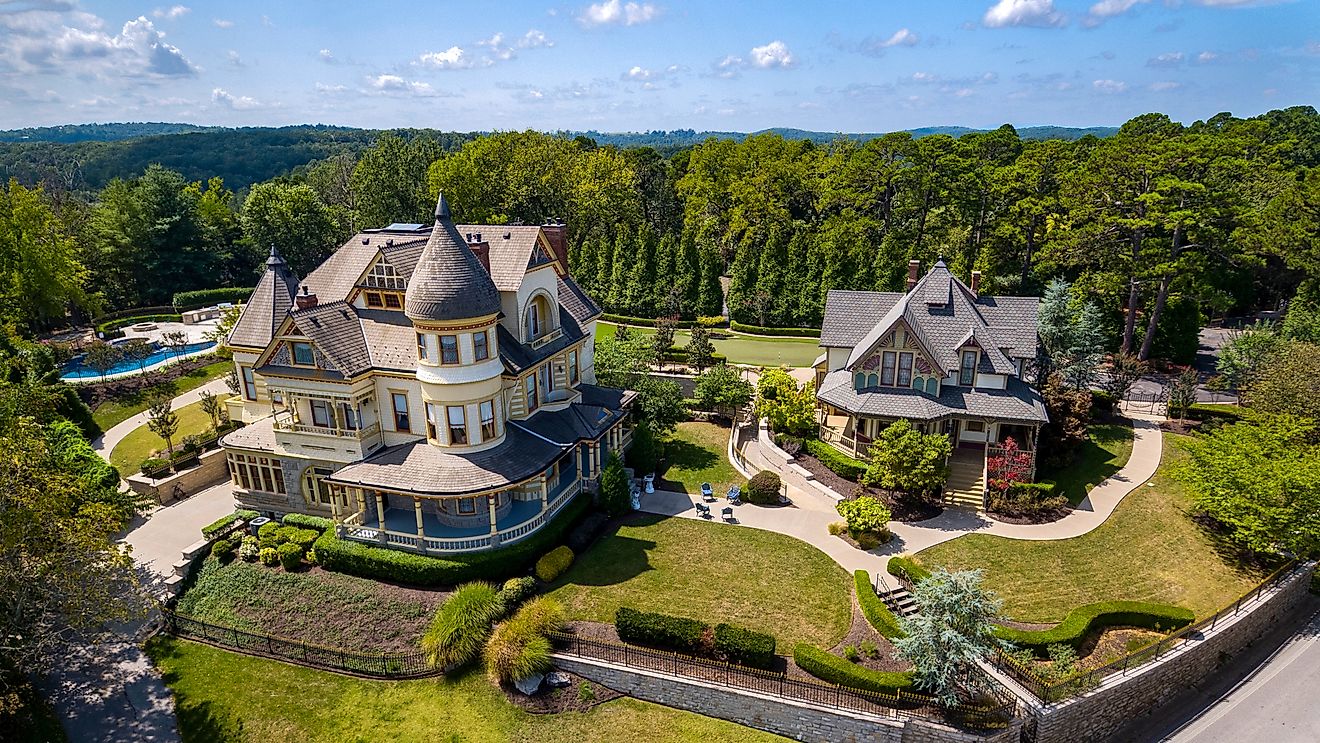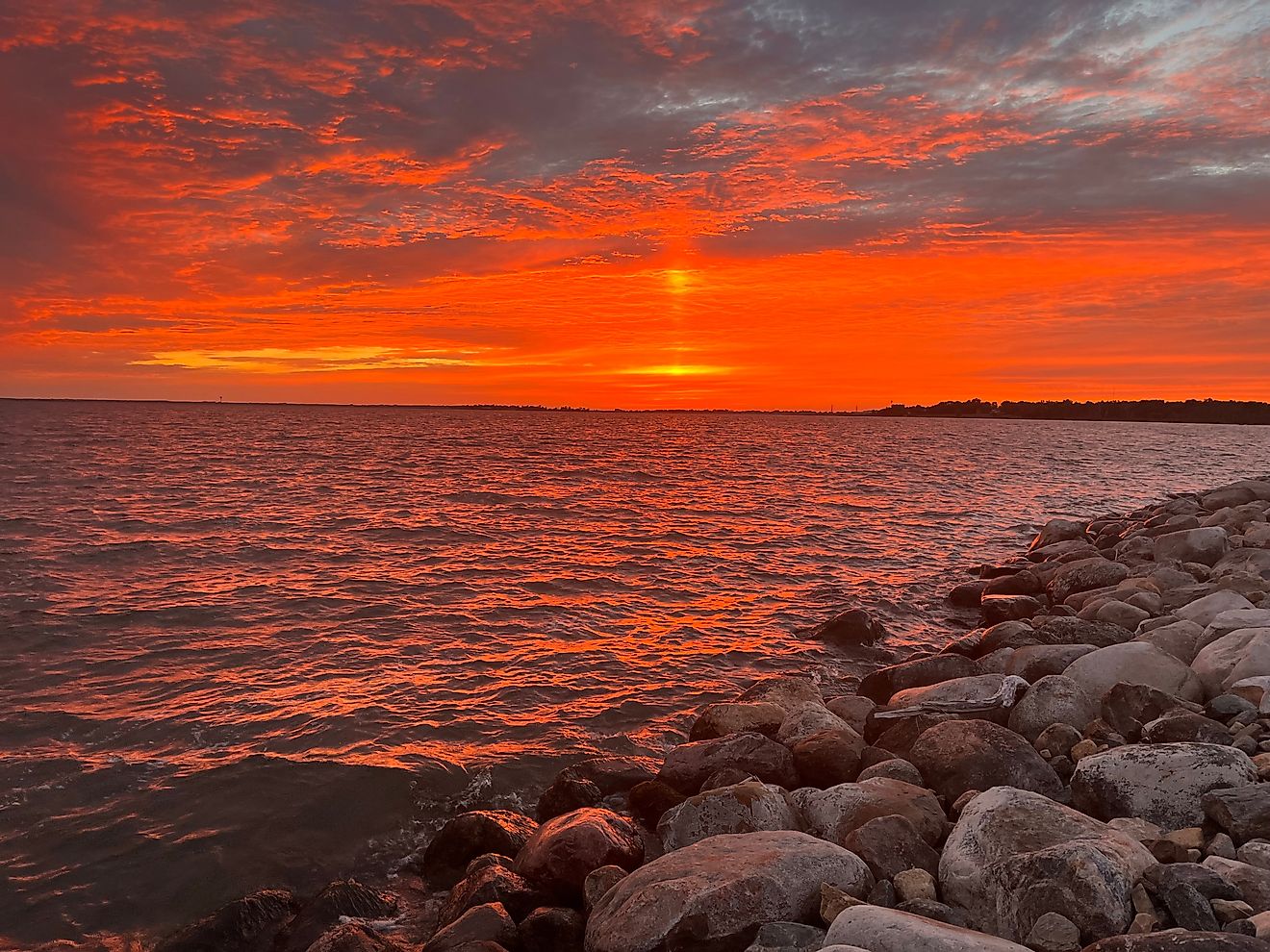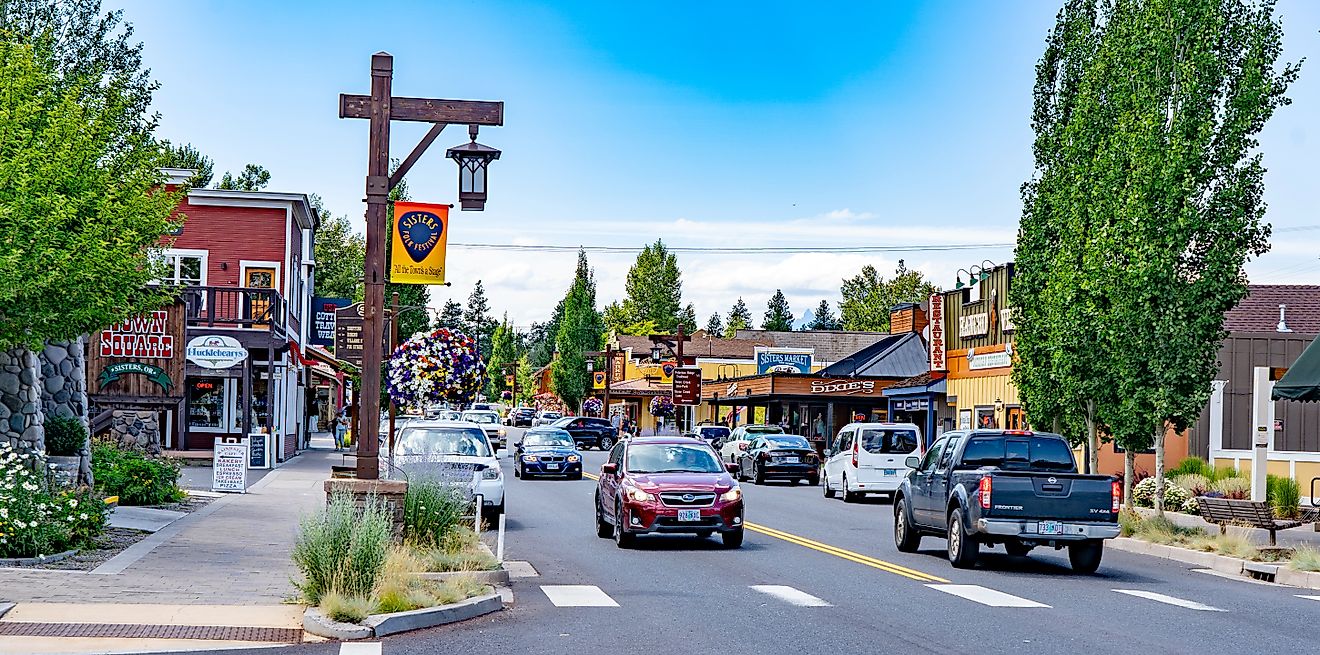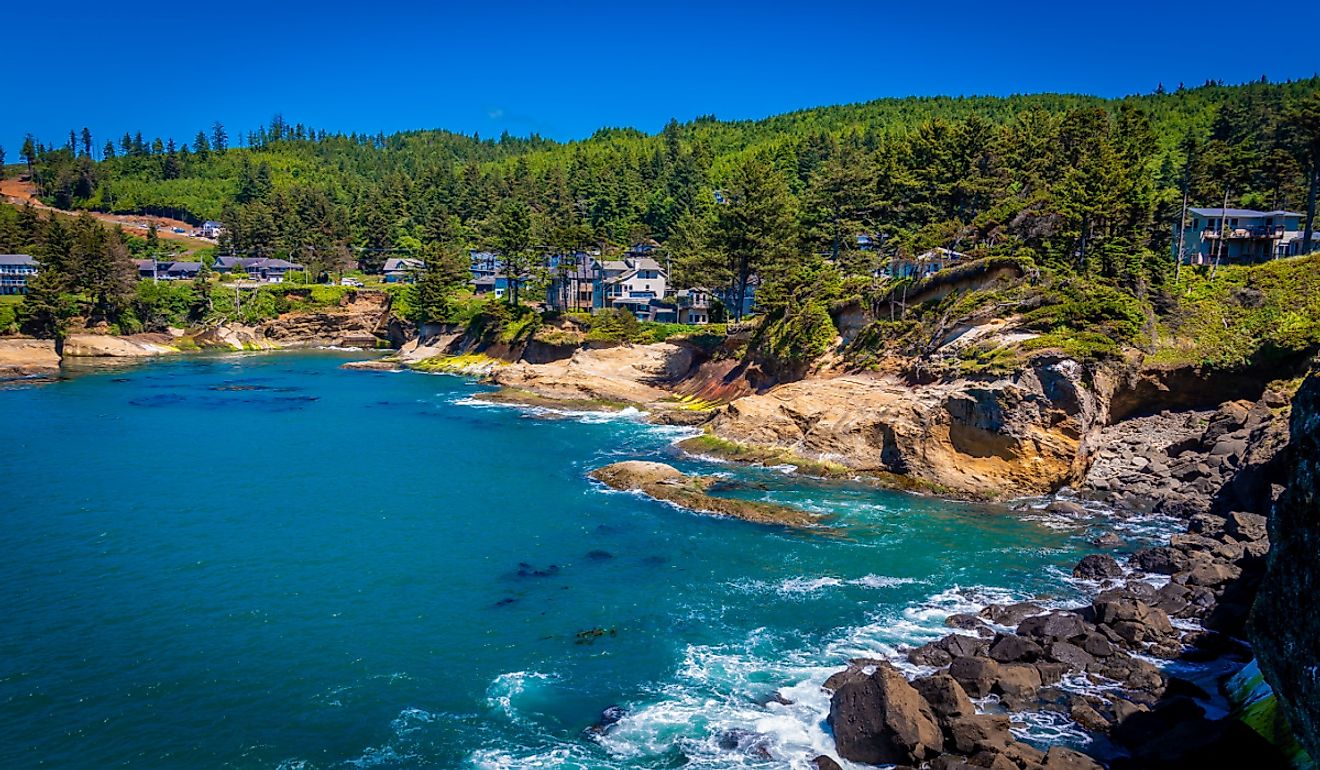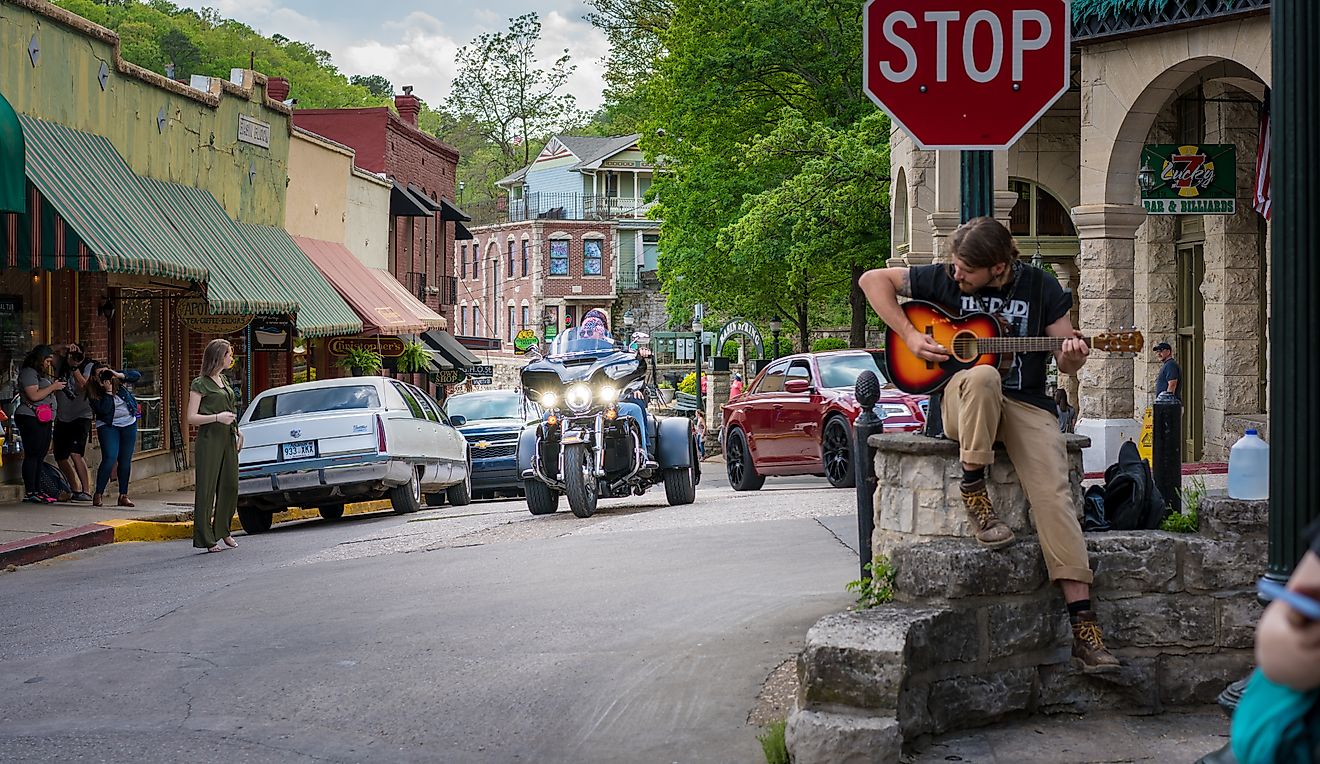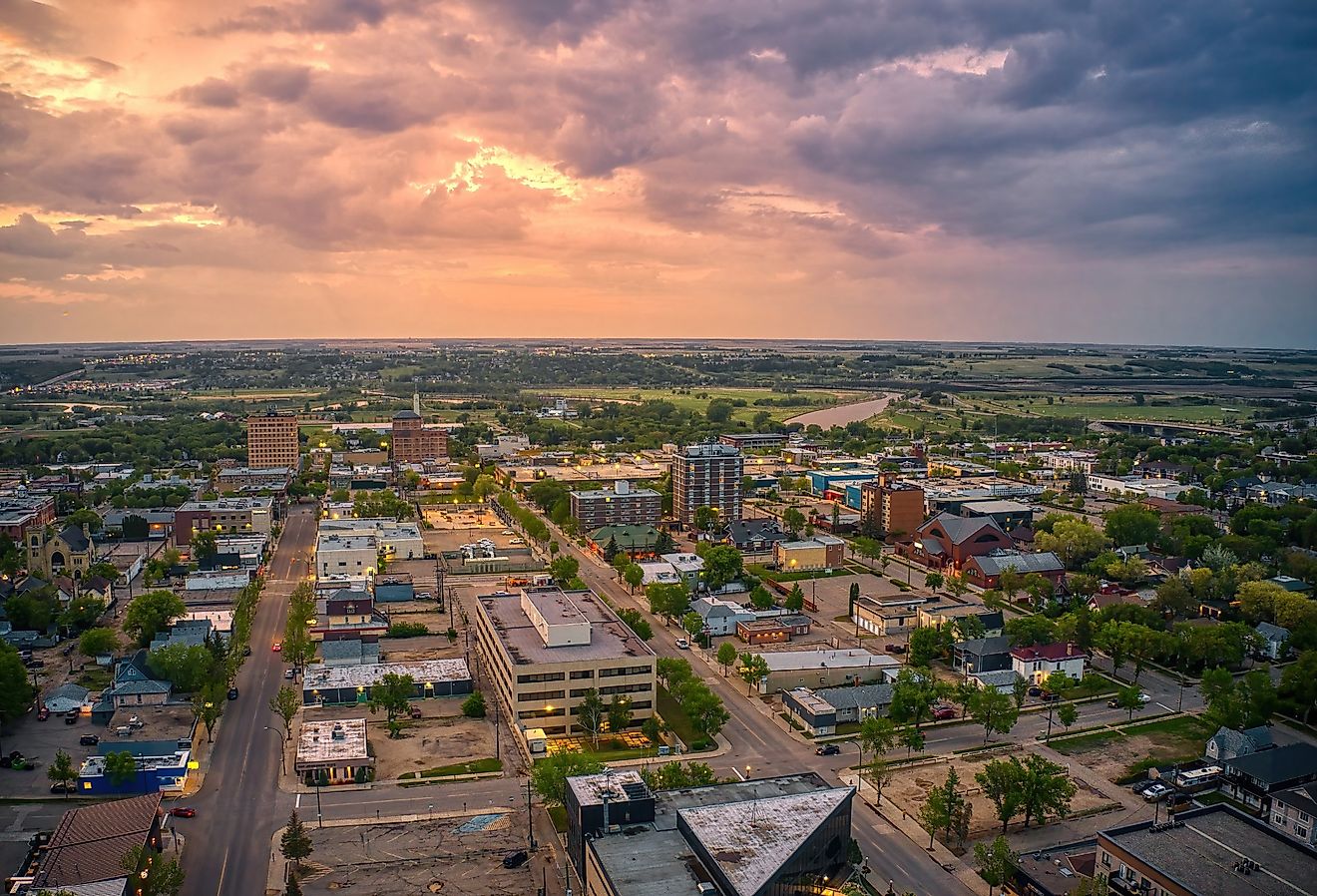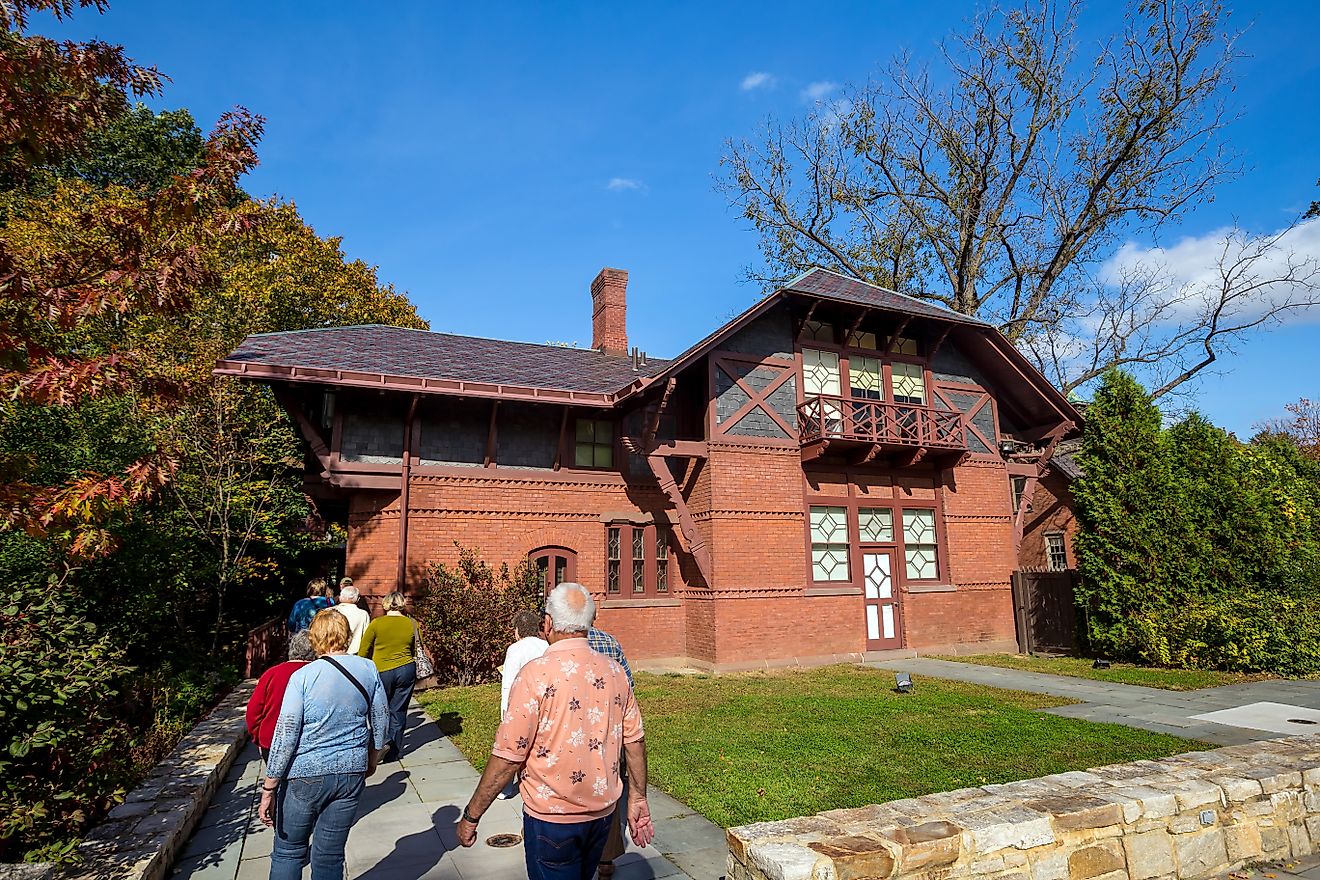
Lansing, Michigan
What was a once dense forest and inhabitable floodplains, this small township, shockingly, became the capital of Michigan when Detroit’s safety came into question following the War of 1812. Lansing started as a scam by a pair of brothers who were trying to sell land. Upon discovering they had been duped, disgruntled homebuyers opted to stay and settle outside the floodplains of the Grand and Red Cedar Rivers. Today, Lansing is a sprawling capital city with historic buildings such as the National Historic Landmark of the Michigan State Capitol Building and is home to Michigan State University. However, this is only a tiny insight into everything that Lansing has to offer.
Geography And Climate Of Lansing

Lansing is often referred to as “Mid-Michigan” for its central location in the southern peninsula of the US State of Michigan. Michigan is bounded by four Great Lakes on three sides. Lake Superior can be found to the north, Lake Huron and Lake Erie to the east, and the only Great Lake exclusively found in the US - Lake Michigan to the west. Lansing is situated at the meeting point of the Grand and Red Cedar Rivers. The city covers a total area of 95 sq. km, of which 1.63 sq. km is covered by water, and 93.37 sq. km is occupied by land.
With a distinct cool summer and snowy winter, Lansing experiences a humid continental climate that the Great Lakes heavily influence. Over a year, Lansing collects 131.5 days of precipitation from rain, sleet, and snow. The city receives an average rainfall of 840.74 mm, while snowfall averages 130 cm. The warmest month is July, with an average high of 28 °C, and January is the coldest month, with an average low of -8.6 °C. The coldest day on record occurred in the winter of 1981, when a temperature of -33.9 °C was recorded before the windchill.
History Of Lansing

Lansing was founded by brothers who plotted out an area known as “Biddle City.” However, the dense wood of the future city of Lansing resided in a floodplain and remained underwater for much of the year. Nonetheless, the brothers returned to New York to sell their platted land to unsuspecting buyers that were unaware that the township didn’t exist. To entice buyers for their nonexistent town, they said would-be Lansing was 65 blocks and included a church. Initially, 16 purchases were made. However, the new homeowners quickly learned they were scammed and too disgruntled to move back home; they chose to remain near the fake settlement. Detroit was initially the capital of Michigan. However, its security came into question due to its proximity to British-controlled Canada. Canada captured Detroit during the War of 1812, but it was recaptured by the US in 1813. The search for a more centralized capital began, with large cities like Ann Arbor and Jackson coming forward; ultimately, the township of Lansing was decided upon. Many were left in dismay at the notion of such a small town becoming the Capital of Michigan. At the turn of the century, Lansing became a major automotive producer, with the likes of REO Motors and Oldsmobile being founded and further manufacturing vehicles in Lansing.
The Population And Economy Of Lansing

Lansing is spread over two countries: Ingham and Eaton County and has a population of 119,047 inhabitants. The city has a population density of 1,111.07 people per sq. km. It is the sixth-largest city in Michigan State and the third-largest after Detroit and Grand Rapids. The median household income is $52,976, and the gross monthly rent is $819. On the cost of living index, Lansing is 76.5, whereas the state of Michigan is 89.6. Yet, 24.63% of the population lives below the poverty line.
The unemployment rate is 5.3%, whereas the US unemployment rate is 6.0%. The top industries contributing to Lansing’s economy include healthcare and social services at 13.6%, retail trade at 13.2%, and educational services at 11.5%. Oldsmobile was founded in Lansing, and it started the automotive boom in 1897 by Ransom E. Olds. Under General Motors, the Lansing plant alone manufactured 14 million vehicles. Furthermore, this includes Chevrolet, Pontiac, Buick, and Cadillac vehicles, all being produced here. Olds also established the REO Motor Car Company, which operated from 1905 to 1975 and produced cars, trucks, and for a short time, buses. The cars and trucks proceeded to be popular commuting vehicles. However, during World War II, the REO Motor Company began manufacturing the Studebaker US6. As such, the R. E. Olds Transportation Museum was established. Its purpose was to preserve many of the REO automobiles, noting that the history of the vehicles is significant to Lansing’s overall history and economic development.
Attractions In Lansing
Potter Park Zoo

In 1917, James Potter donated land along the banks of the Red Cedar River. As of 2020, the Potter Zoo celebrated being in operation for over a century. Its primary focus is the natural preservation of animals. It has more than 160 different species that include Amur tigers, golden lions, red kangaroos, meerkats, spider monkeys, red pandas, and giant anteaters, to name a few. Attractions of the zoo include camel rides, zookeeper talks, Farmyard Edventures, bird and reptile houses, and lastly, the feline and primate houses.
Impression 5 Science Center
Formerly referred to as the Impression 5 Museum, the Impression 5 Science Center is found on the Grand River. The name is a nod to the five senses. Founder Marilynne Eichinger was heavily influenced by the Montessori teachings and her five children. She wanted to develop exhibits that were hands-on while promoting thinking. The building Impression 5 is located in is an old wagon works factory. Notable exhibits include the giant eye, chew on this, and electricity and interactive magnetism displays. The site has grown to include labs and mini-workshops for children.
Lansing has much to see and do with historic buildings like the State Capitol Building and many attractions like the Impression 5 Science Center and the R. E. Olds Transportation Museum. Although once uninhabitable floodplains, Lansing has developed into the image of a capital city. Aside from that, many people of Michigan were concerned about this small town taking the cardinal seat. However, its central location has fared well in the state. Though a significant city, visitors will be shocked by the laid-back demeanor of this tranquil river town found on the southern peninsula of Michigan.
